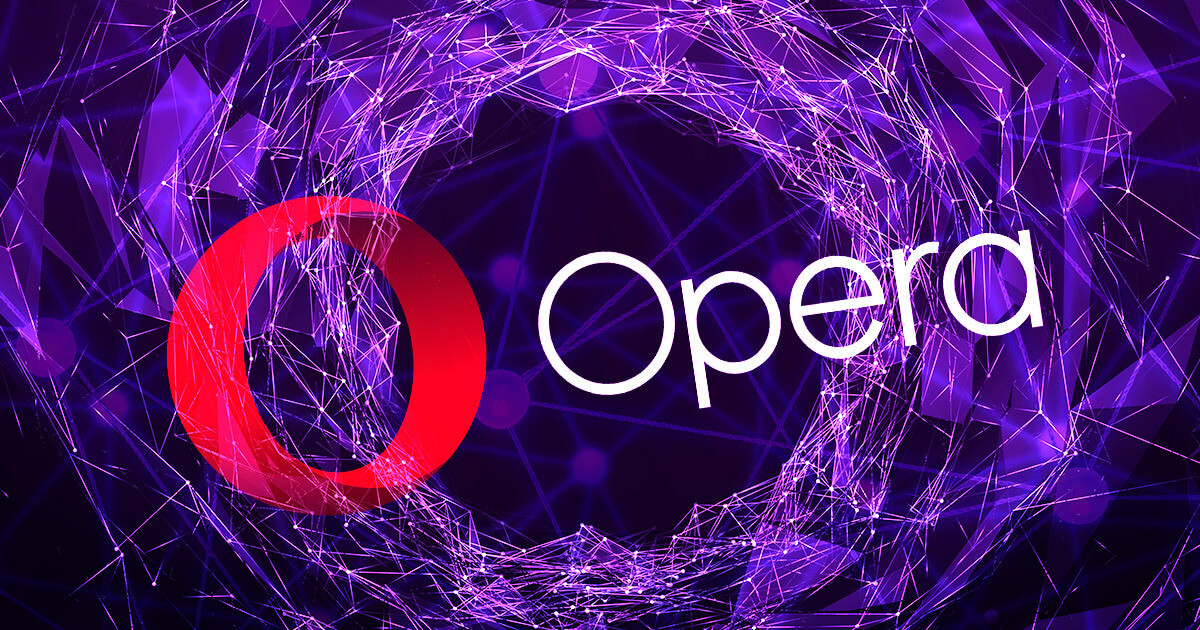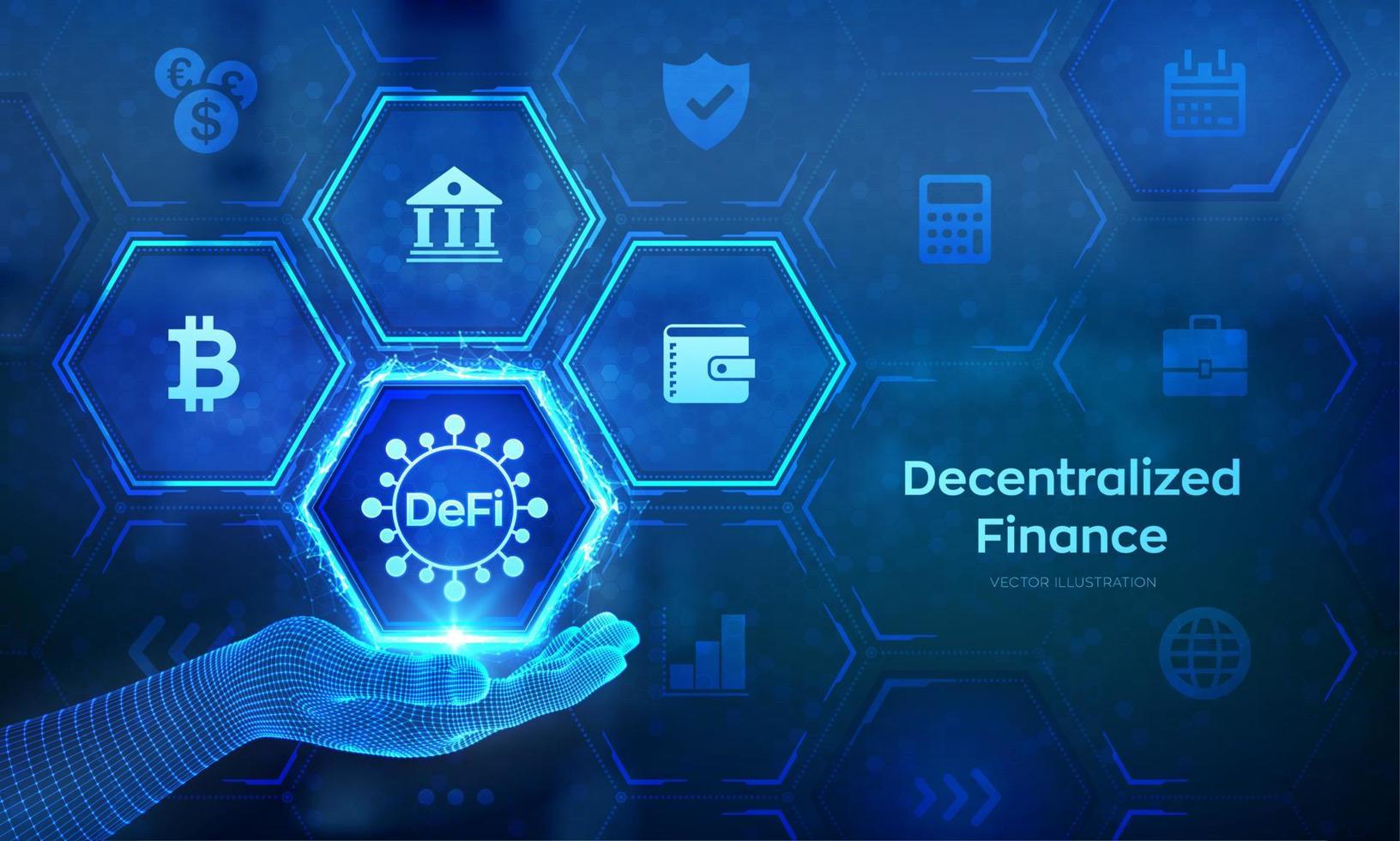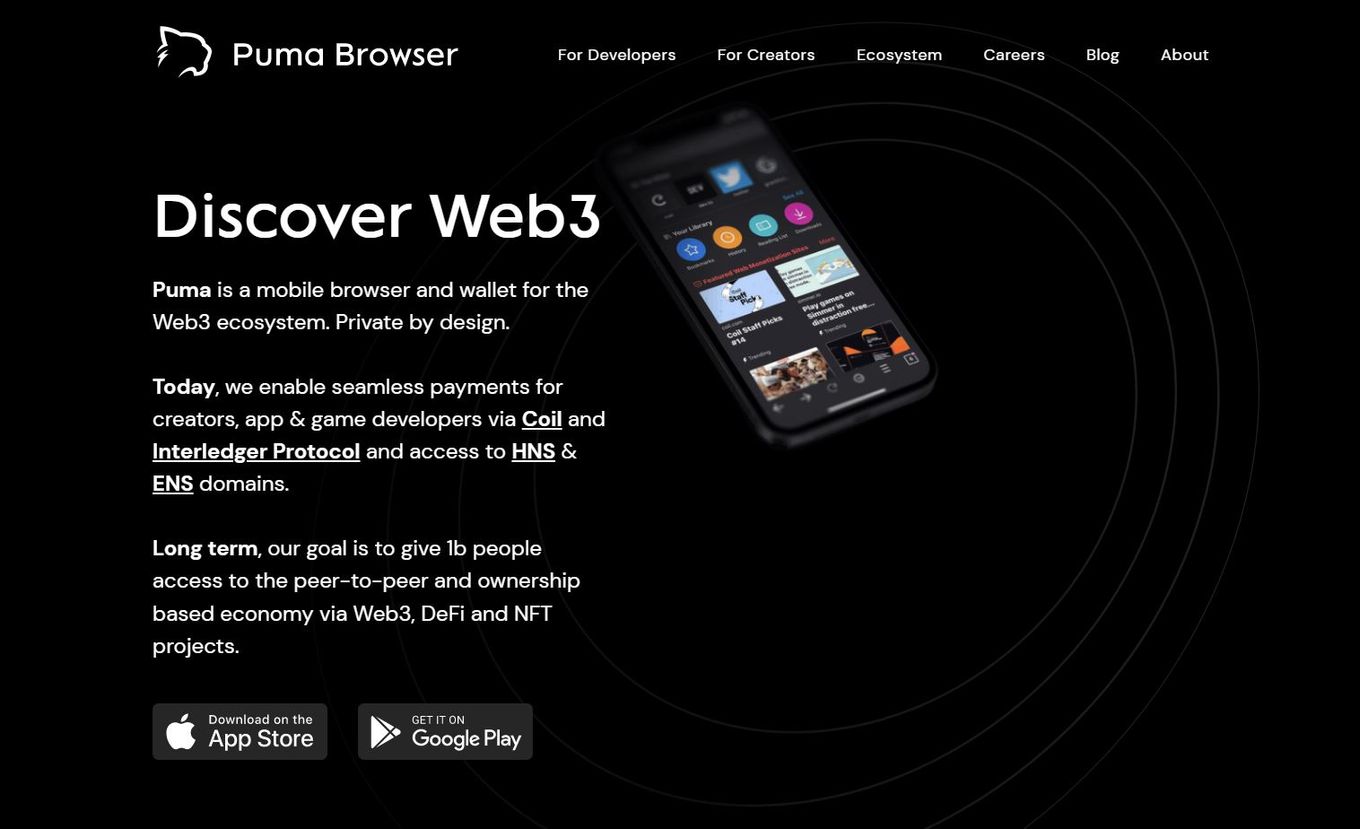“Web3 Browsers: A Gateway to the Decentralized Future
Artikel Terkait Web3 Browsers: A Gateway to the Decentralized Future
- The Rise Of Digital Land: Exploring Virtual Real Estate In The Metaverse
- 3D NFTs: The Next Frontier In Digital Collectibles
- The NFT Floor Price: A Comprehensive Guide To Understanding This Key Metric
- Play-to-Earn: Revolutionizing Gaming And Empowering Players
- 1/1 NFTs: The Pinnacle Of Digital Art Ownership
Table of Content
Video tentang Web3 Browsers: A Gateway to the Decentralized Future
Web3 Browsers: A Gateway to the Decentralized Future

In the ever-evolving landscape of the internet, a new paradigm is emerging: Web3. This next iteration of the web promises a more decentralized, secure, and user-centric experience. At the heart of this transformation are Web3 browsers, which serve as gateways to the decentralized web. In this article, we will explore what Web3 browsers are, how they work, their features, benefits, and the challenges they face.
What is Web3?
Before diving into Web3 browsers, it’s essential to understand what Web3 is. Web3, short for Web 3.0, is the third generation of the internet. It aims to address the limitations of Web 2.0, which is characterized by centralized platforms that control user data and content. Web3 leverages blockchain technology, decentralization, and tokenization to create a more equitable and transparent online environment.
Key characteristics of Web3 include:
- Decentralization: Web3 applications (dApps) are built on decentralized networks, reducing reliance on central authorities.
- Blockchain Technology: Blockchain provides a secure and transparent ledger for transactions and data storage.
- Tokenization: Digital assets, such as cryptocurrencies and NFTs, play a central role in Web3 economies.
- User Empowerment: Users have more control over their data and digital identities.
- Smart Contracts: Self-executing contracts automate agreements and transactions.

What are Web3 Browsers?
Web3 browsers are specialized web browsers designed to interact with decentralized applications (dApps) and blockchain-based technologies. Unlike traditional browsers that primarily access websites hosted on centralized servers, Web3 browsers can communicate directly with blockchain networks and decentralized storage systems. They act as a bridge between users and the decentralized web, enabling seamless access to dApps, crypto wallets, and other Web3 services.
How Web3 Browsers Work
Web3 browsers work by incorporating several key features and technologies that enable them to interact with the decentralized web:

- Built-in Crypto Wallets: Most Web3 browsers come with integrated crypto wallets, allowing users to manage their cryptocurrencies and digital assets directly within the browser. These wallets support various blockchain networks and tokens.
- dApp Compatibility: Web3 browsers are designed to seamlessly interact with dApps. They can interpret and execute smart contracts, enabling users to participate in decentralized finance (DeFi), decentralized social media, and other Web3 applications.
- IPFS Integration: InterPlanetary File System (IPFS) is a decentralized storage system that Web3 browsers often support. This allows users to access and host content in a decentralized manner, reducing reliance on centralized servers.
- Decentralized Identity: Web3 browsers facilitate the management of decentralized identities (DIDs), which give users control over their personal data and online reputation.
- Blockchain Node Connectivity: Some Web3 browsers include built-in blockchain nodes, allowing users to directly connect to blockchain networks without relying on third-party providers.

Features of Web3 Browsers
Web3 browsers offer a range of features that set them apart from traditional browsers:
- Crypto Wallet Integration: Securely store and manage cryptocurrencies and digital assets.
- dApp Discovery: Easily find and access decentralized applications.
- NFT Support: View and manage non-fungible tokens (NFTs) directly within the browser.
- Decentralized Storage Access: Access content stored on IPFS and other decentralized storage systems.
- Decentralized Identity Management: Control your digital identity and personal data.
- Privacy Features: Enhanced privacy features, such as built-in VPNs and ad blockers.
- Blockchain Node Connectivity: Connect directly to blockchain networks.
- Token Gated Content: Access content that requires holding specific tokens.
Benefits of Using Web3 Browsers
Web3 browsers offer several advantages over traditional browsers:
- Enhanced Privacy: Web3 browsers prioritize user privacy by reducing data tracking and offering built-in privacy features.
- Data Ownership: Users have more control over their data and digital identities.
- Access to dApps: Seamlessly interact with decentralized applications and Web3 services.
- Cryptocurrency Management: Easily manage cryptocurrencies and digital assets.
- Decentralized Content Access: Access content stored on decentralized storage systems.
- Security: Blockchain-based security features protect against fraud and censorship.
- Innovation: Web3 browsers are at the forefront of internet innovation, offering new ways to interact with the web.
Popular Web3 Browsers
Several Web3 browsers have emerged, each with its unique features and focus:
- Brave Browser: Brave is a privacy-focused browser with a built-in crypto wallet and ad blocker. It rewards users with Basic Attention Tokens (BAT) for viewing privacy-respecting ads.
- Opera Browser: Opera has integrated a crypto wallet and Web3 support into its browser, allowing users to access dApps and manage cryptocurrencies.
- MetaMask Browser: MetaMask is primarily known as a crypto wallet extension, but it also functions as a Web3 browser, enabling users to interact with dApps.
- Status Browser: Status is a mobile-first Web3 browser and messaging app that focuses on privacy and security.
- Aloha Browser: Aloha Browser is a privacy-focused browser with a built-in VPN and crypto wallet.
Challenges of Web3 Browsers
Despite their potential, Web3 browsers face several challenges:
- Complexity: Web3 technologies can be complex and challenging for mainstream users to understand.
- Scalability: Blockchain networks can be slow and expensive, which can impact the performance of dApps.
- Security Risks: Smart contract vulnerabilities and phishing attacks can pose security risks to users.
- Regulatory Uncertainty: The regulatory landscape for cryptocurrencies and Web3 technologies is still evolving.
- Adoption Barriers: Mainstream adoption of Web3 browsers is hindered by a lack of awareness and user-friendly interfaces.
The Future of Web3 Browsers
Web3 browsers are poised to play a crucial role in the future of the internet. As Web3 technologies continue to mature and become more user-friendly, Web3 browsers will become essential tools for accessing the decentralized web.
Here are some potential developments in the future of Web3 browsers:
- Improved User Experience: Web3 browsers will become more intuitive and user-friendly, making them accessible to a broader audience.
- Enhanced Security: Security features will be strengthened to protect users from fraud and cyber threats.
- Scalability Solutions: Integration of layer-2 scaling solutions will improve the performance of dApps.
- Cross-Chain Compatibility: Web3 browsers will support multiple blockchain networks, enabling seamless interaction with different dApps and digital assets.
- Decentralized Identity Solutions: More robust decentralized identity solutions will empower users to control their personal data and online reputation.
- Integration with Metaverse: Web3 browsers will play a key role in accessing and interacting with metaverse environments.
Conclusion
Web3 browsers are essential tools for navigating the decentralized web. They offer a range of features and benefits, including enhanced privacy, data ownership, and access to dApps. While Web3 browsers face challenges such as complexity and scalability issues, they are poised to play a crucial role in the future of the internet. As Web3 technologies continue to evolve, Web3 browsers will become more user-friendly, secure, and feature-rich, paving the way for a more decentralized, user-centric online experience. By embracing Web3 browsers, users can take control of their digital lives and participate in the exciting world of Web3.
